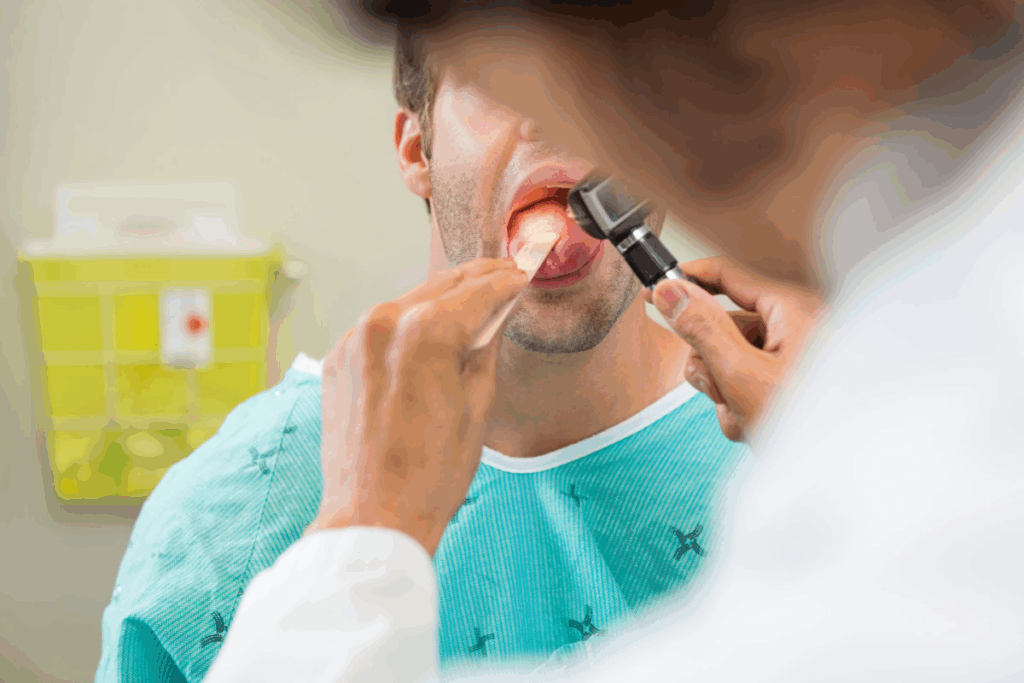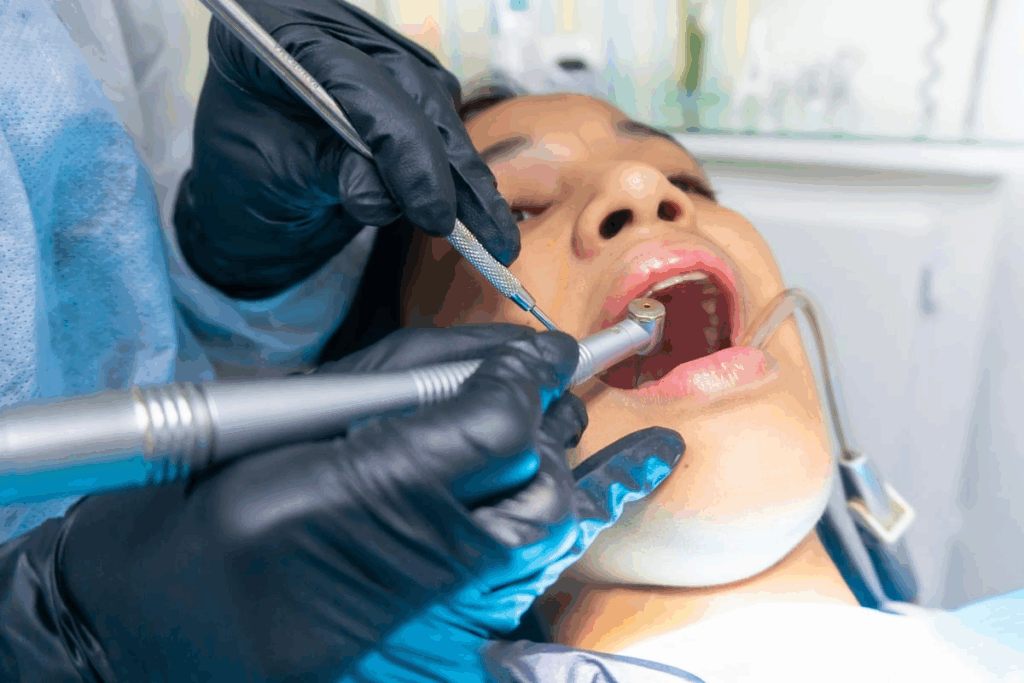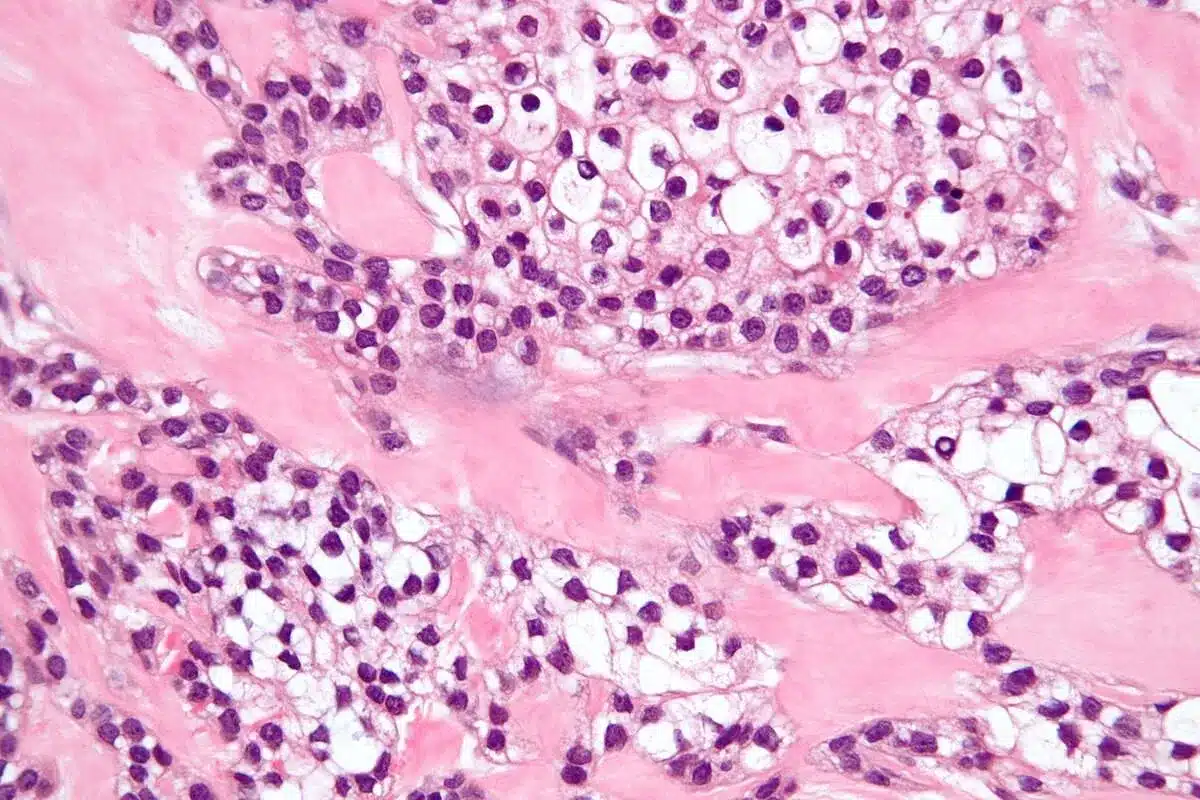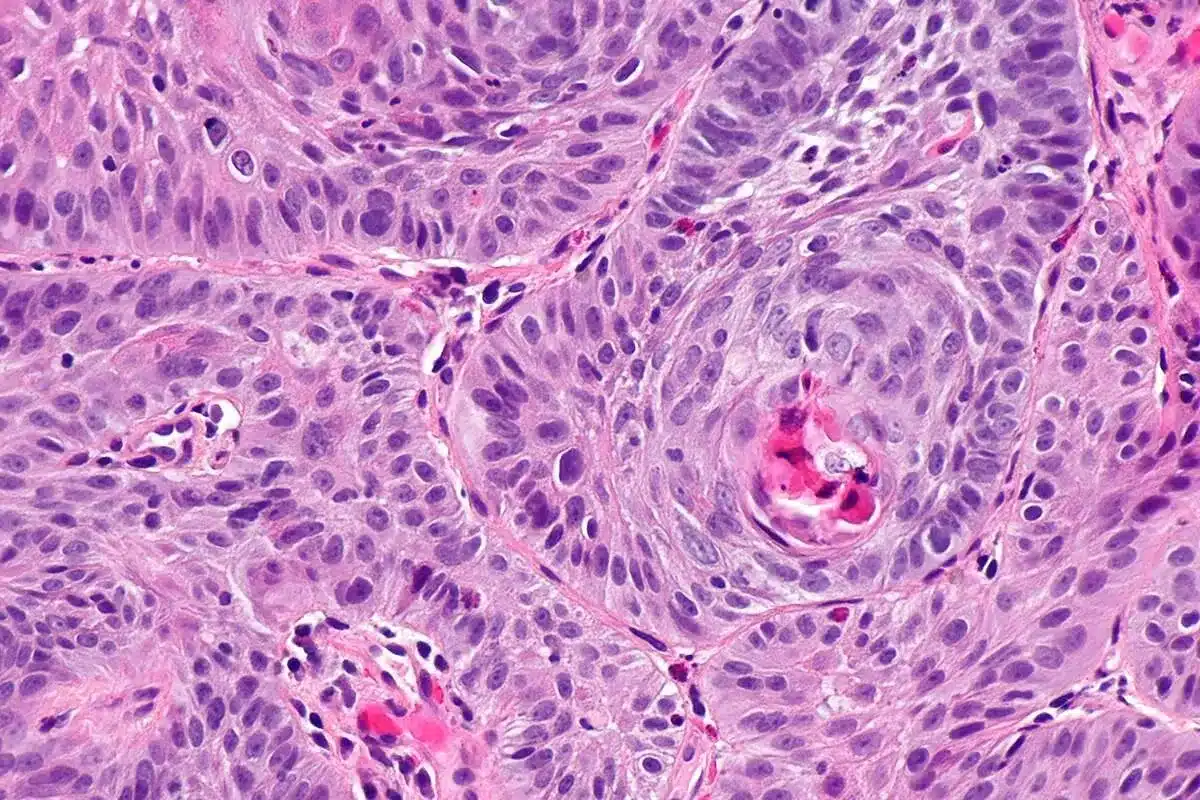
How long does it take to heal from tonsils removed? A full timeline for children (10 days) and adults (14+ days).
Recovering from a tonsillectomy is a unique journey for each person. At Liv Hospital, we focus on preparing you well before and supporting you after surgery. This helps you feel more confident and prepared.
Most adults need about 10 to 14 days to fully recover from a tonsillectomy. Remember, healing is a slow process. You might feel worse a few days after surgery, not right away.
We put our patients first, making sure you get the care and advice you need. Knowing what to expect can help you have a smoother recovery.
Key Takeaways
- Tonsillectomy recovery typically takes 10 to 14 days.
- Discomfort may peak days after surgery.
- Comprehensive pre-operative education and post-operative support are key.
- Healing times differ from person to person.
- Children usually heal faster than adults.
What Is a Tonsillectomy and Why Is It Performed?

A tonsillectomy is a surgery to remove the tonsils. These are lymphoid organs at the back of the throat. It’s often done for frequent infections or when tonsils are too big and block breathing.
This surgery helps those with many throat infections or breathing problems at night. Knowing why you need it helps prepare for the surgery and recovery.
Common Reasons for Tonsil Removal
There are several reasons for a tonsillectomy. These include:
- Severe and frequent throat infections.
- Big tonsils that make breathing hard, mainly at night.
- Sleep disorders like sleep apnea because of big tonsils.
When tonsils keep causing infections or blockage, removing them is often the best choice. Recurrent tonsillitis is a main reason for this surgery. It can really affect someone’s life quality.
Benefits of the Procedure
The benefits of a tonsillectomy are big. They include:
- Less throat infections: Taking out the tonsils stops the infections.
- Better breathing: Removing big tonsils helps you breathe better and can lower sleep disorder risks.
- Better life quality: Fixing tonsil problems can make you feel healthier and happier.
Who Typically Needs This Surgery
Tonsillectomy is for people with many throat infections, big tonsils, or sleep disorders. Both kids and adults can get it, but reasons and results differ by age.
It’s important to know what tonsil removal means. You need to think about the good and bad sides. Also, understanding recovery is key to post op tonsil removal care.
Preparing for Your Tonsillectomy Surgery

To have a smooth tonsillectomy, it’s key to prepare well. A good prep plan can help your recovery and results.
Pre-Surgery Instructions
Your doctor will tell you what to do before surgery. You might need to stop eating and drinking for a while. They’ll also guide you on your meds.
Important Pre-Surgery Guidelines:
- Stop taking certain medications that could increase bleeding risk
- Avoid eating or drinking for a specified period before surgery
- Arrange for someone to drive you home after the procedure
What to Bring to the Hospital
Bring the right things to make your hospital stay better. Don’t forget:
- Identification and insurance information
- Comfortable clothing to change into after surgery
- Any necessary medications or devices
Setting Up Your Recovery Space at Home
Make your home recovery area comfy. Think about:
Recovery Needs | Recommended Items |
Comfort | Pillows, blankets, comfortable seating |
Hydration and Nutrition | Water, electrolyte-rich beverages, soft foods |
Entertainment and Distraction | Books, tablets, movies, games |
Good preparation for your tonsillectomy can help avoid problems. It makes your recovery more comfortable.
The Tonsillectomy Procedure: What Happens During Surgery
A tonsillectomy is a common surgery done under general anesthesia. Knowing what happens can make patients feel more ready. The surgery removes the tonsils, which are lymphoid organs at the back of the throat.
Surgical Techniques
There are several ways to do a tonsillectomy, including:
- Traditional Tonsillectomy: This method uses a scalpel or scissors to remove the tonsils.
- Intracapsular Tonsillectomy: This is a gentler approach that only removes the tonsillar tissue, leaving the capsule.
- Laser Tonsillectomy: Uses a laser to remove the tonsils with less bleeding.
- Coblation Tonsillectomy: Uses radiofrequency energy to remove the tonsils with less damage.
Each method has its benefits. The choice depends on the patient’s condition, the surgeon’s skill, and specific needs.
Anesthesia and Duration
Tonsillectomy is usually done under general anesthesia. This keeps the patient comfortable and pain-free. The surgery takes about 30 to 60 minutes, depending on the method and complexity.
General anesthesia means the patient is asleep during surgery. The anesthesia team watches their vital signs closely.
Immediate Post-Operative Care
After surgery, patients go to the recovery room. Here, they are watched as they wake up from anesthesia. Immediate post-operative care includes managing pain, watching for bleeding, and making sure they can swallow safely before leaving.
Most patients go home the same day if there are no problems and they meet the discharge criteria. It’s important to follow the surgeon’s post-operative care instructions for a smooth recovery.
The First 48 Hours: Initial Recovery Phase
After a tonsillectomy, the first 48 hours are key for a good recovery. You might feel sore, nauseous, and tired. We’ll help you know what to expect, hospital discharge rules, and how to handle pain.
What to Expect Right After Surgery
Right after surgery, you’ll go to the recovery room. Medical staff will watch your signs and help with pain. You might feel drowsy or confused from the anesthesia. Nausea and vomiting are common, so listen to your doctor’s advice.
You might have a sore throat. This can be eased with pain meds. Rest and avoid hard activities to heal well.
Hospital Discharge Guidelines
Your doctor will check if you’re ready to go home. You’ll get tips on managing pain, eating, and drinking, and follow-up visits.
It’s smart to have someone with you for the first 24 hours. They can help with meds, food, and other needs.
Managing Initial Discomfort
Controlling pain after a tonsillectomy is important. Your doctor will give you pain meds. Stick to the dosage to avoid side effects.
Drinking lots of water can help your throat. Eating soft, cool foods like ice cream or yogurt can also help. Stay away from spicy, hot, or sharp foods to avoid throat irritation.
By following these tips and managing your pain, you can get through the first 48 hours after a tonsillectomy. This will help you recover well.
How Long Does It Take to Heal from Tonsils Removed: Complete Timeline
Knowing the recovery time after a tonsillectomy is key for patients. It usually takes 10 to 14 days. This time is divided into several stages.
Days 1-2: Initial Recovery
The first few days are tough, with lots of pain and trouble swallowing. Rest, drink plenty of water, and eat soft foods to ease your throat. Drinking water is very important to help heal and avoid dehydration.
Days 3-5: Peak Pain Period
Days 3-5 are the worst for pain. Use the pain meds your doctor gave you as directed. Even though it hurts, you’ll start to feel a bit better each day. Keep eating soft foods and drinking lots of water.
Days 6-10: Scab Formation and Shedding
A white scab will form over the surgery site by days 6-10. Don’t touch or try to remove it. Stick to soft foods and avoid hard work during this time. The scab will fall off by itself, showing you’re getting closer to being fully healed.
Days 11-14: Final Healing Stages
By days 11-14, you’ll start to feel much better. The pain will lessen, and you can eat regular food again. But, remember to avoid heavy lifting or bending. By then, you’ll be almost fully recovered.
Knowing these stages helps you understand what to expect. Follow the recovery advice and stay informed. This way, you can confidently get through your tonsillectomy recovery.
Understanding Throat Appearance After Tonsillectomy
Seeing a white coating in the throat after a tonsillectomy is common. But what does it mean? It’s a worry for many patients. We need to explain what happens during recovery.
The White Coating: What It Means
The white coating or patches in the throat after a tonsillectomy are part of healing. This is called fibrinous exudate. It’s a natural response to the surgical wound. This is not an infection, but the body’s way of protecting the wound as it heals.
Normal Changes in Throat Appearance
During recovery, the throat may change. You might see redness, swelling, or feel like something is stuck. These symptoms are usually normal and temporary. It’s important to watch these changes and talk to your healthcare provider if you have concerns.
When to Expect the White Patches to Disappear
The white patches or coating usually go away in 10 to 16 days after surgery. How fast it happens can vary. It depends on your health, age, and following post-operative instructions. As the white patches fade, your throat will look normal again. This means the healing is going well, leading to a healed throat after tonsillectomy.
Knowing about these changes can ease worries about the throat after a tonsillectomy. If you notice anything unusual or have concerns, always talk to your healthcare provider. They can give you personalized advice.
Pain Management Throughout Recovery
Learning how to manage pain is key after a tonsillectomy. It helps patients feel better and get back to normal faster.
When Tonsillectomy Pain Typically Peaks
Pain from a tonsillectomy usually gets worse around days 3 to 4. The swelling and healing process make it intense. Patients need to be ready for this.
Medication Options for Pain Control
There are many ways to manage tonsillectomy pain. These include:
- Acetaminophen: Good for mild to moderate pain.
- Ibuprofen: Helps with inflammation and pain.
- Narcotic pain relievers: For severe pain, used early in recovery.
It’s important to follow the doctor’s advice on dosage and how often to take it. This helps avoid side effects.
Non-Medication Pain Relief Techniques
There are also non-medication ways to ease pain:
- Staying hydrated: Drinking lots of water helps the throat.
- Gargling with salt water: Reduces swelling and aids healing.
- Using a humidifier: Moist air eases throat irritation.
- Resting: Resting helps the body heal faster.
How Long Tonsillectomy Pain Lasts
Pain from a tonsillectomy can last differently for everyone. But, it usually peaks at 7 to 10 days. After that, it gets better as the throat heals. Here’s what to expect:
Days Post-Surgery | Pain Level | Recovery Milestones |
1-2 | Moderate to Severe | Initial recovery, significant rest required |
3-4 | Severe | Pain peaks, continue medication as prescribed |
5-7 | Moderate | Start to feel some improvement, can gradually resume activities |
7-10 | Mild to Moderate | Significant improvement, most can return to normal activities |
10+ | Mild | Near complete recovery, some soreness may remain |
Knowing about pain management and recovery helps patients handle their tonsillectomy journey better.
Diet and Hydration During Healing
A good diet and enough water are key to healing well after a tonsillectomy. The right foods and drinks can help with pain, prevent dehydration, and support healing.
Recommended Foods and Beverages
In the early recovery phase, eat soft, easy-to-swallow foods that won’t hurt your throat. Some good choices are:
- Broths and clear soups
- Yogurt and smoothies
- Mashed potatoes and applesauce
- Scrambled eggs and soft-cooked pasta
- Ice cream and popsicles (cold foods can help numb the pain)
It’s also important to drink lots of fluids. Drink water, electrolyte-rich drinks like coconut water or sports drinks, and herbal teas. Aim for at least 8-10 glasses of fluid per day to keep your throat moist and help healing.
Foods to Avoid
Some foods can irritate your throat or cause discomfort during recovery. It’s best to avoid:
- Spicy or acidic foods
- Sharp or crunchy foods (like chips or nuts)
- Hot beverages and foods
- Coarse or dry foods (like toast or crackers)
Staying away from these foods can help reduce discomfort and lower the risk of complications.
The Critical Importance of Staying Hydrated
Hydration is very important for healing after a tonsillectomy. Drinking enough water helps to:
- Keep your throat moist and comfortable
- Promote healing by delivering essential nutrients to the affected area
- Prevent dehydration, which can lead to complications like fever or prolonged recovery
As one patient said, “Drinking plenty of water and electrolyte-rich fluids was key in my recovery. It helped manage my pain and kept me comfortable throughout the healing process.”
“Staying hydrated is critical after a tonsillectomy. It helps in managing pain and promoting healing.”
— Recovery testimonial
Food Category | Recommended Foods | Foods to Avoid |
Liquids | Water, clear broths, electrolyte-rich beverages | Hot beverages, caffeinated drinks |
Soft Foods | Yogurt, mashed potatoes, applesauce, scrambled eggs | Spicy, acidic, or sharp foods |
Desserts | Ice cream, popsicles | Crunchy or dry desserts |
By eating soft foods and staying hydrated, patients can greatly improve their comfort and recovery after a tonsillectomy.
Age Differences in Tonsillectomy Recovery
Knowing how age affects tonsillectomy recovery is key. It helps set realistic expectations and care needs after surgery. The recovery time can differ a lot between kids and adults. This depends on health, other medical issues, and how well the body heals.
Children’s Recovery Experience
Children usually heal faster from tonsillectomies than adults. Their bodies are quicker to mend, and they often feel less pain. Kids can usually get back to their usual activities in about a week to ten days after surgery.
Parents should watch their child closely during recovery. Make sure they drink plenty of water and manage their pain well.
Key aspects of children’s recovery include:
- Faster healing process
- Less post-operative pain
- Quick return to normal activities
Adult Tonsillectomy Recovery Timeline
Adults, by contrast, may face a longer and harder recovery. The recovery time for adults can be over two weeks, sometimes up to three weeks or more. Adults often feel more pain and discomfort right after surgery.
Factors influencing adult recovery include:
- Presence of other health conditions
- Greater post-operative pain
- Potential for longer healing times
Why Adults Often Experience More Difficult Recovery
Several reasons make adult recovery tougher. Adults are more likely to have health problems like high blood pressure or heart disease. These can make healing harder. Also, adults might feel pain more strongly, making the recovery period more uncomfortable.
It’s vital to follow all post-operative instructions carefully. Keeping in touch with healthcare providers is also important for a smooth recovery.
Returning to Normal Activities After Tonsil Removal
After a tonsillectomy, patients often wonder when they can get back to their usual routines. The healing period is key, and knowing when to start normal activities is vital for a smooth recovery.
When You Can Talk Normally After Tonsil Removal
Many worry about when they can speak normally after a tonsillectomy. It usually takes 1-2 weeks for the throat to heal enough for normal speech. But, healing times can vary based on the surgery and individual recovery.
Tips for Resuming Normal Speech:
- Start with soft, gentle speech
- Avoid loud talking or shouting
- Gradually increase your speaking volume over time
Returning to Work or School
When to go back to work or school depends on several things. These include your job or studies, health, and your surgeon’s advice. Usually, most people can return to normal activities in 1-2 weeks after surgery.
Activity | Recommended Waiting Period |
Returning to work or school | 1-2 weeks |
Resuming light exercise | 2-3 weeks |
Engaging in strenuous activities | 3-4 weeks |
Resuming Exercise and Physical Activities
It’s important to start with light exercises and gradually increase the intensity. This helps avoid complications and aids in healing.
Important Considerations:
- Avoid heavy lifting and bending
- Refrain from contact sports for a few weeks
- Listen to your body and rest when needed
Complete Recovery Milestones
Full recovery from a tonsillectomy can take several weeks. Here are some key milestones to expect:
Recovery Timeline:
- 1-2 weeks: Significant reduction in pain
- 2-3 weeks: Ability to resume most normal activities
- 4-6 weeks: Complete healing of the throat area
Conclusion: The Journey to Complete Healing
The path to healing after a tonsillectomy is long and requires patience. It also needs proper care and guidance. Knowing how to heal helps patients face the challenges they will meet.
Understanding what to expect during recovery is key. It helps patients manage their pain, follow doctor’s orders, and recover well. Eating right, drinking plenty of water, and using pain relief are important steps.
Being well-informed and prepared helps patients recover smoothly. This way, they can avoid complications and get back to their normal life. We aim to provide top-notch healthcare and support to all our patients, helping them every step of the way.
FAQ
What is a tonsillectomy and why is it performed?
A tonsillectomy is a surgery to remove the tonsils. It’s done to treat recurring tonsillitis, sleep issues, or breathing problems from big tonsils.
How long does it take to heal from a tonsillectomy?
Recovery time varies, but most people heal in 7-14 days. The first 3-5 days are the hardest.
What can I expect during the tonsillectomy recovery process?
You’ll feel pain, swelling, and trouble swallowing at first. These can be managed with pain meds and rest.
What is the white coating that appears in the throat after tonsillectomy?
The white coating is part of healing. It shows up 3-5 days post-surgery and goes away in a week or two.
How long does tonsillectomy pain last?
Pain from a tonsillectomy peaks in 3-5 days. It can last a week or more, depending on you.
What are some tips for managing pain after tonsillectomy?
Manage pain with meds, rest, and staying hydrated. Try non-medication methods like salt water gargling or using a humidifier.
What should I eat after a tonsillectomy?
Stick to soft, bland foods for the first few days. Avoid spicy, acidic, or sharp foods that can hurt your throat.
How long does it take to recover from tonsillectomy in adults?
Adults usually take longer to recover than kids. It can take 7-14 days or more to fully heal.
Can I talk normally after tonsil removal?
It may take a few days to a week or more to speak normally. Your throat needs time to heal and adjust.
When can I return to work or school after tonsillectomy?
You can usually go back to work or school in 7-10 days. It depends on how fast you recover and your job.
When can I resume exercise and physical activities after tonsillectomy?
Avoid hard activities for 1-2 weeks after surgery. Start exercising and doing physical activities as your throat heals.
How long does it take for the throat to fully heal after tonsillectomy?
The throat takes 2-4 weeks to fully heal. Some people may need longer to recover.
References
- Centers for Disease Control and Prevention. (2022). Sore Throat. Retrieved from https://www.cdc.gov/antibiotic-use/community/for-patients/sore-throat.html








